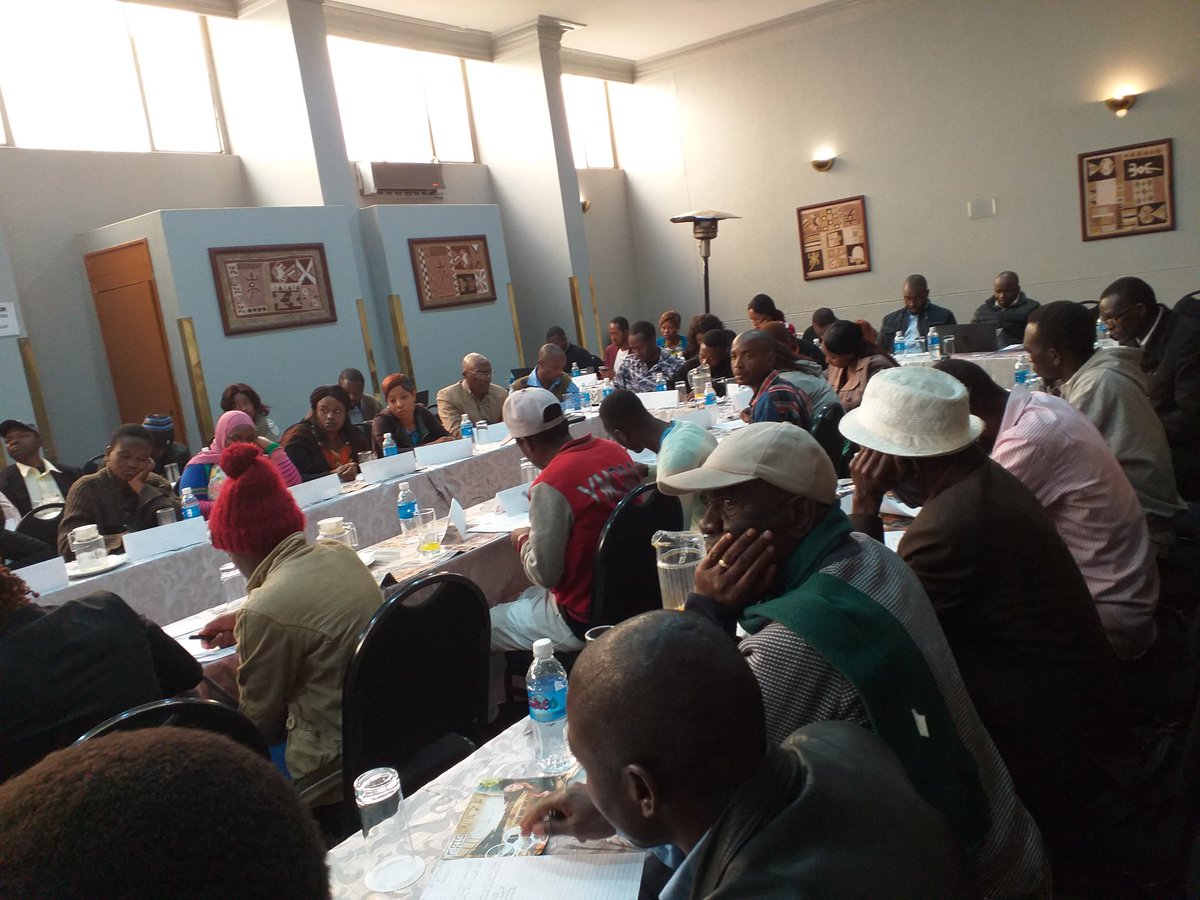By ZIMCODD
Social service delivery in Zimbabwe is the mandate of the central government as well as the lower tiers of government thus provincial and local councils. By default, every Zimbabwean citizen contributes to the national fiscus through paying taxes, of which Value Added Tax (VAT), Pay-As-You-Earn (PAYE), Company Tax, Excise Duty, Carbon Tax and Import Duty are among the major revenue heads. This default payment of taxes creates a social contract between the citizens and the government as the citizens are given the right to demand for accountability on what their taxes are being used for, how, where and why.
In the recent Capacity Building Workshop for residents associations and Social and Economic Justice Ambassadors (SEJAs) on Social Accountability for Public Finance Management (PFM) facilitated by the Zimbabwe Coalition on Debt and Development (ZIMCODD) in Chikomba West, most attendees indicated that they did not know about the social contract as well as the PFM principles enshrined In Chapter 17 of the national Constitution. The few residents that were conversant with their social and economic rights as well as the Constitutional provisions on PFM highlighted that it is a crime to demand for transparency and accountability as duty bearers Chikomba District politically victimise such. Subsequently, social service delivery in Chikomba West is in dire condition as lack of transparency and accountability has led to the abuse of public funds by various government institutions including Chikomba Rural District Council (RDC). Despite one’s political strength, abusers of public funds in Zimbabwe should be brought to book. The principles of PFM as enshrined in the Constitution of Zimbabwe are as follows:
- There must be transparency and accountability in financial matters;
- The public finance system must be directed towards national development, and in particular—
– the burden of taxation must be shared fairly;
– revenue raised nationally must be shared equitably between the central government and provincial and local tiers of government; and
– expenditure must be directed towards the development of Zimbabwe, and special provision must be made for marginalised groups and areas;
- The burdens and benefits of the use of resources must be shared equitably between present and future generations;
- Public funds must be expended transparently, prudently, economically and effectively;
- Financial management must be responsible, and fiscal reporting must be clear; and
- Public borrowing and all transactions involving the national debt must be carried out transparently and in the best interests of Zimbabwe.
Residents from Chikomba West Constituency bemoaned the politicisation of community development programmes in the area due to the following trends:
- Residents, especially in the informal sector, are victimised for demanding transparency and accountability for vending fees which they pay to the RDC. In the end, residents are spectators of the abuse of their taxes as well as the casualties caused by a collapsed social services delivery system;
- Chikomba Residents and Ratepayers Association (CHIRRA) once petitioned the Ministry of Local Government, Public Works and National Housing; the Mashonaland East Provincial Administration Office; and Office of the President and Cabinet on the corruption happening at Chikomba RDC. The Anti-Corruption Commission was dispatched to investigate the issue and when the report was finalised, the petitioners (CHIRRA) were denied the report findings by the District Administrator who said the residents had no right to know of the findings and to date the residents do not know what was in the report;
- Chikomba RDC is known for bundling expenditure on the budget line ‘Other’ whenever they know that they are not in a position to account for certain funds. The case in point is the USD45,000.00 given to Chikomba RDC by Delta Corporation of which the RDC managed to account for USD10,000.00 which refurbished a local clinic whilst the rest of the expenditure was tagged ‘Other’; and
- Due to the politicisation of community development, the Zimbabwe National Road Administration Authority (ZINARA) funds amounting to USD9, 000.00, disbursed to Chikomba RDC in the 2017 National Budget were said to have been returned, not just because there was nothing the money could be expended on, but because there was no consensus on who was going to benefit from the proposed road maintenance project.
Members of the Zimbabwe Republic Police (ZRP) present indicated that the agency had established the department to investigate issues of political victimisation of residents to guarantee the safety for victims. However, residents pointed out that the ZRP itself was part of the syndicate that politically victimised residents against their Constitutional mandate on Section 219 of the Constitution of Zimbabwe to protect and secure lives of people and to maintain law and order. There is need for political will at both central and local government to drive sustainable and inclusive community development if Zimbabwe’s social services delivery is to get back on track.






